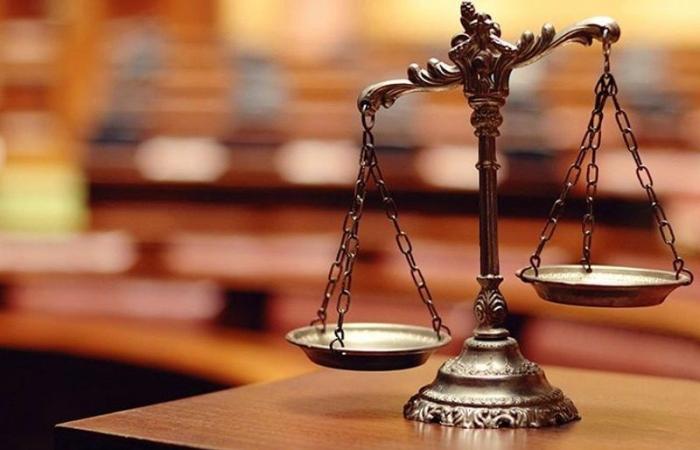The High Commission for Planning (HCP) took advantage of National Women’s Day to distribute a note entitled “ What do Moroccans think about gender equality?“, based on the results of the 2016 national survey on household perceptions of certain aspects of the Sustainable Development Goals (SDGs).
This publication, shared with Hespress FRreveals that nearly 60% of Moroccans believe that there is no equality between men and women. However, the use of data dating back eight years has provoked strong reactions from several Moroccan feminist associations. The Media and Cultures Association, the Democratic Association of Women of Morocco and Kif Mama Kif Baba expressed their dissatisfaction with “ use out of context » of this investigation. In a joint press release, they return to the publication of the HCP which underlines that “86.8% of Moroccans were opposed to equality in matters of inheritance » according to figures from 2016, in connection with articles published on the occasion of this national day.
« It is problematic to refer to it in 2024 without taking into consideration the major transformations that have taken place over the last eight years“, affirm the associations in their press release, emphasizing that the population’s perceptions have evolved on essential subjects such as gender equality.
Indeed, they recall that several events have reshaped Moroccan society, notably the last legislative elections which profoundly modified the political landscape. These changes have had a direct impact on public discourses and initiatives aimed at promoting gender equality.
They also emphasize the effect of the Covid-19 pandemic, which has accentuated social and economic inequalities, sparking new debates on social justice and women’s rights. Another determining factor is the announcement of the reform of the Family Code (Moudawana), reviving the discussion around women’s rights, particularly in matters of inheritance.
« Many actors from civil society, experts in theology, sociology, law, religious philosophy, etc., as well as citizens, have mobilized for better gender justice, particularly in matters of inheritance“, adds the press release. Recent crises, such as the Al Haouz earthquake, have also influenced Moroccans’ priorities regarding solidarity, social justice and equality, challenging conceptions that once seemed fixed.
Faced with these changes, the three feminist associations judge that it is “ inappropriate and misleading to base itself on an eight-year-old survey, which no longer necessarily reflects the current state of mentalities and aspirations of Moroccan citizens“. They call for the use of up-to-date data to assess perceptions on gender equality taking into account the current socio-political context and recent crises that have shaped public opinion.
Ghizlane Mamouni, president of the Kif Mama Kif Baba Association, interviewed by Hespress FRdenounced this situation in strong words: “ It is sneaky, amateurish and disrespectful to release, on National Women’s Day, figures dating from 2016, taken out of context, in an attempt to give the misleading image of a large majority of Moroccans standing against heritage equality demands carried by organizations for the protection of women’s human rights ».
Mamouni recalls that, whatever the state of opinions today, the demands of feminist associations “ preserve the choice and opinions of all Moroccans“. According to her, “ those who value inequality will always be able to choose it and implement their choice through the will« .
Hespress FR contacted the HCP to obtain a reaction on this subject and to share the concerns expressed by the associations, and is still awaiting their response.






